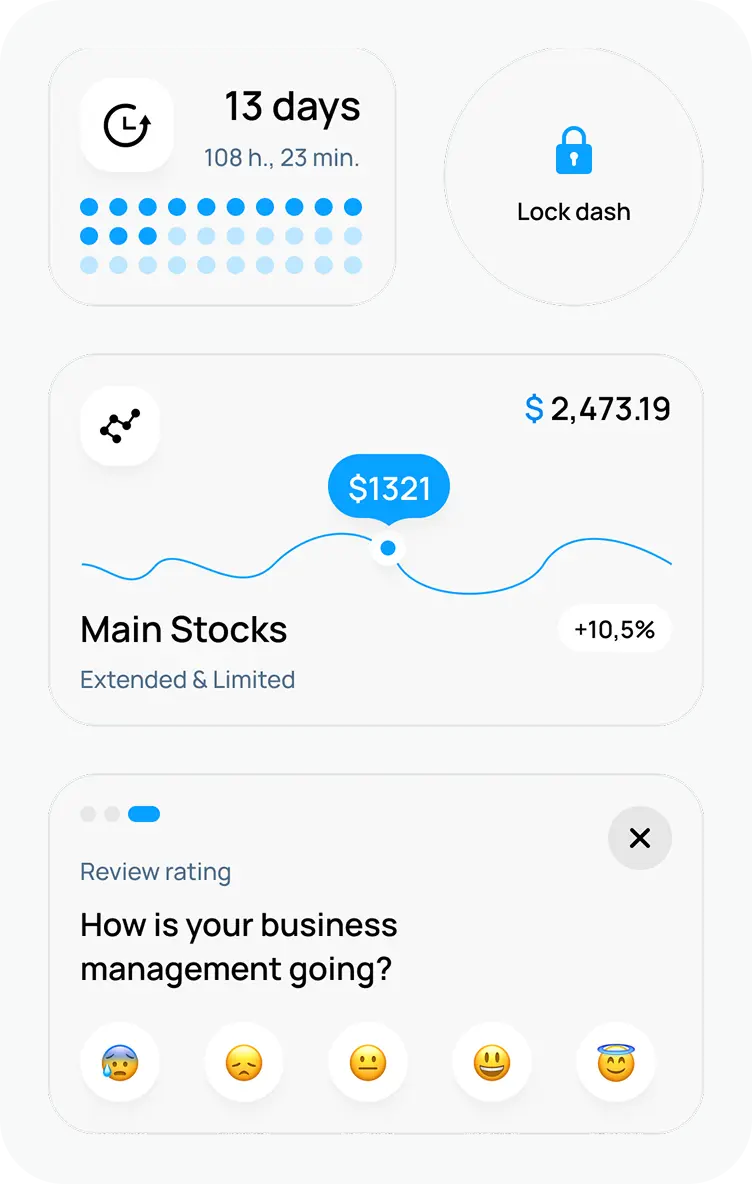Is Angular Dead? Everything You Need To Know In 2025
October 1, 2024•3 min read

I hope you enjoy reading this post. If you want us to do your frontend development or design, click here.
Author: Alex Vasylenko | Founder of The Frontend Company


The question "Is Angular Dead?" has been a source of confusion and concern for business owners for years. This comes from the transition from AngularJS, the original JavaScript-based framework, to Angular, the TypeScript-based version released by Google in 2016.
Even eight years after Angular was released, there are still many unanswered questions about its life and death.
Today, I will give a clear answer to our clients and readers if Angular is dead and what to do with AngularJS-based projects.
Understanding the Difference Between AngularJS and Angular
Understanding the key differences between AngularJS and Angular is crucial in answering the question, "Is Angular Dead?" and will equip you with the knowledge necessary to make well-informed decisions for your projects.
Released in 2010 and based on JavaScript, AngularJS quickly became popular for simplifying the development of single-page applications (SPAs) and giving a more structured approach to front-end programming. But, as technologies evolved, AngularJS started to show its limitations, particularly in terms of scalability and performance for larger applications. To solve this problem, Google released Angular (often called Angular 2+), a completely new framework based on TypeScript.
This update significantly impacted the front-end development industry, improving the speed, modularity, and maintainability of all services. As a result, business owners and developers started asking what would happen with AngularJS, as it was not just a patch but a new framework with a different architecture and core concepts.
Therefore, the question «Is Angular dead?» is a common misunderstanding. The confusion comes from seeing Google's frameworks as a single technology when, in fact, they are two different tools for different use cases. The right question is whether AngularJS is dead, as it is true.
Here, you can see the table where we compared these technologies:

When I hear discussions about if Angular is dead or not, I always vote for the long life of the TypeScript-based framework. As long as the technology has the support of Google, many corporations, and banks, it will live.
Is AngularJS Still Supported in 2025?
AngularJS was once a leading framework for building dynamic web applications, but it is no longer actively supported. Google first announced that the framework will have no updates after 2018, and its long-term support will end in the summer of 2021. Well, it didn’t happen, and some people heaved a sigh of relief.
The buzz began after the Google team announced only a rescheduling but did not drop the original plan.
In October 2020, the development team presented the update v.1.8.2 and moved the AngularJS LTS deadline to January 2022. After that, it became crystal clear to everyone that businesses should transfer to the new technology. Otherwise, stakeholders can lose customers and face many other problems.
💼Our case: At the end of 2020, an e-learning industry firm contacted us. One of their customers, a big top 10 company, complained about the poor performance of their application. The software was built on AngularJS, but it wasn't working well. Without migrating to Angular 2+, the company could lose a loyal customer. We helped this company migrate to the new system and still support the project. We think this is the best example of why AngularJS is dead.
Why Migrating from AngularJS Is Critical
If you are still using AngularJS, your business should start planning the migration strategy now. The longer you wait, the more difficult it will be to maintain and secure your project as AngularJS becomes more and more obsolete.
You should act fast. Delaying the migration will bring serious problems, from security vulnerabilities to performance bottlenecks. Moreover, with fewer AngularJS developers available, finding an expert to help with migration will become harder than ever.
What can you do:
Migrate your project to Angular 19, the latest and actively supported framework version.
Build two separate applications, one on Angular and the other on a new technology of your choice.
Our team has experience with both migration paths. We have migrated many projects from AngularJS to modern frameworks and helped businesses to run without downtime or lost productivity. They no longer have to worry if AngularJS is dead — their systems are secure, scalable, and future-proof.
If you're still using AngularJS, act now. Don't wait until it's too late to save your project.
Remember, you're not alone in this migration journey!
Don't hesitate to contact us today to discuss your migration plan.
Final Word
Today, I answered the question, "Is Angular Dead?" and I hope our readers and clients now know that there are two fundamentally different frameworks: AngularJS and Angular. AngularJS is not supported or updated anymore, while Angular has regular updates and ongoing support from Google.
If your business is still running on AngularJS, you must start planning the migration now. We are one of the best Angular migration service providers and can help you make the right decision for your business.

Unlock the full potential of your product

Boost customer retention & satisfaction

Become more competitive on the market

Move to the latest technologies stacks

Improve usability & visual appeal
FAQ

Alex Vasylenko is the founder of The Frontend Company, DBC and several other successful startups. A dynamic tech entrepreneur, he began his career as a frontend developer at Deloitte and Scandinavia's largest banking company. In 2023, Alex was honored as one of 'Top 10 Emerging Entrepreneurs' by USA Today.
RATE
Rate this article please
This will help us provide more useful information.
1289 ratings, average 4.98 out of 5
